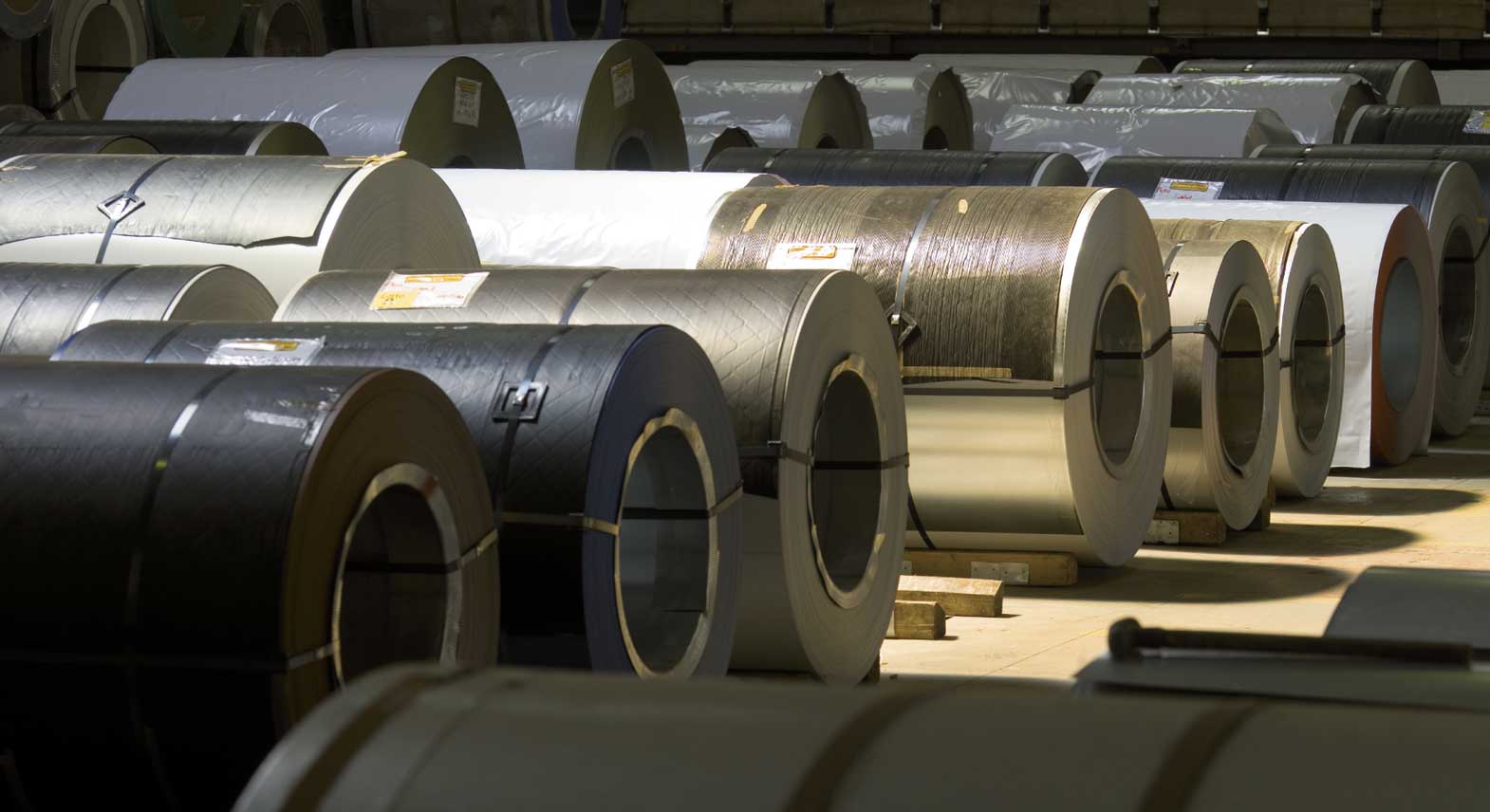European HRC prices showed further signs of gradual decline Aug. 9, with market participants weighing the effects of the Chinese tax rebate removal and what this could mean for future imports arriving into the EU, as well as the recent catastrophic flooding in Europe, and what bullish effect this could have on prices, sources told S&P Global Platts.
The market still saw relatively tepid activity, with few bookings to speak of, though domestic price decreases have been apparent, with the Italian HRC market dropping by nearly Eur68/mt since the start of July.
An Italian distributor said the first week of August was particularly slow, but noted that Eur1050/mt ex-works Italy was possible for HRC orders. Another deal was heard just slightly higher at Eur1060/mt ex-works Italy, with their being more availability on hot-rolled coil than in cold-rolled coils and hot-dip galvanized sheet.
Platts assessed North European HRC prices at Eur1150/mt ex-works Ruhr, down Eur6/mt on the day to Aug. 9. Southern European prices remained stable at Eur1055/mt ex-works Italy.
In Northern Europe, a Nordic buyer said European prices had now reached “their peak” and did not think there would be further increases in the market.
Other sell-side sources said they expected a minimal increase of about Eur50/mt before the end of the year.
“For the coming two months there won’t be a hazard getting material because of incoming imports,” the Nordic buyer said. “German [supplier] delays are now on track. I think a lot of customers have ordered forward.”
There was uncertainty around what would result from the flooding – with several mills still on force majeure – and the future of Liberty Steel Group.
“If Liberty goes down it will be interesting to see who will pick up the slack,” the same buyer said. “With the floods we do have an issue.”
Liberty Steel Group has been seeking to divest some of its assets, particularly those with weak performance, since the collapse in March of Greensill Capital, the major financier of its parent company GFG Alliance, which pushed the group into a cash squeeze, as previously reported by Platts.
— Amanda Flint






